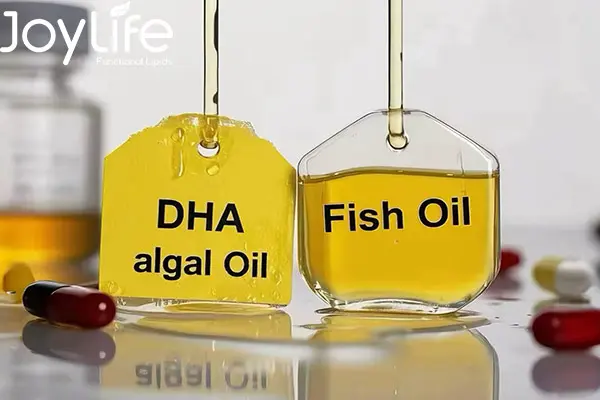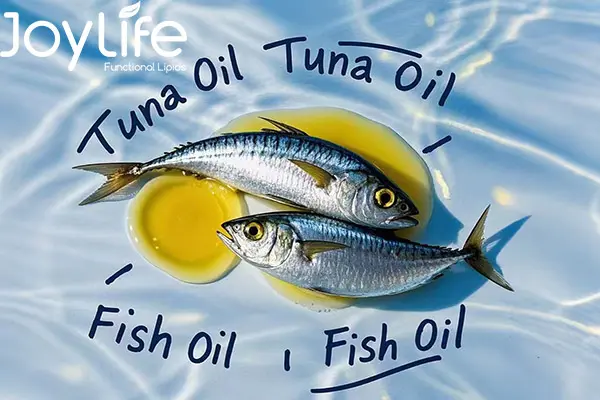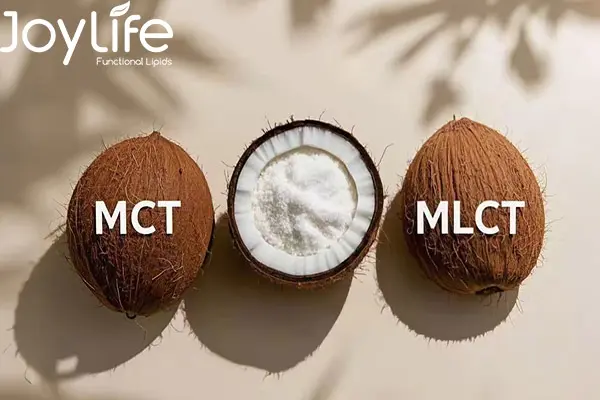



What's the difference between Soya Lecithin and Sunflower Lecithin?
1.Soya lecithin and sunflower lecithin are both popular emulsifiers and dietary supplements, but they differ in their sources, extraction processes, and potential allergenicity.
Here’s a detailed comparison table between Soya Lecithin and Sunflower Lecithin based on their source, composition, benefits, uses, and other key aspects:
| Aspect | Soya Lecithin | Sunflower Lecithin |
|---|---|---|
| Source | Extracted from soybeans. | Extracted from sunflower seeds. |
| Composition | Contains phospholipids, including phosphatidylcholine, phosphatidylinositol, and phosphatidylethanolamine. | Similar phospholipid profile but often considered purer and free from common allergens. |
| Allergen Potential | May trigger allergies in individuals sensitive to soy. | Hypoallergenic and suitable for those with soy or egg allergies. |
| Extraction Process | Typically extracted using chemical solvents like hexane. | Often extracted through cold pressing, making it a cleaner and more natural option. |
| GMO Concerns | Often derived from genetically modified (GMO) soybeans unless labeled non-GMO. | Typically non-GMO and organic, as sunflowers are less commonly genetically modified. |
| Taste and Smell | May have a stronger, slightly bitter taste and odor. | Milder taste and odor, making it more neutral in recipes. |
| Nutritional Profile | Rich in choline, omega-3, and omega-6 fatty acids. | Similar nutritional profile but often considered cleaner due to fewer contaminants. |
| Health Benefits |
- Supports brain health - Aids in liver function - Emulsifying properties |
- Same benefits as soya lecithin - Cleaner source with fewer allergens |
| Uses |
- Food industry (emulsifier in chocolates, baked goods) - Supplements - Cosmetics |
- Same uses as soya lecithin - Preferred in clean-label and organic products. |
| Cost | Generally cheaper and more widely available due to the abundance of soybeans. | Typically more expensive due to the labor-intensive extraction process. |
| Sustainability | Soy farming is often associated with deforestation and GMO concerns. | Sunflower farming is generally more sustainable and eco-friendly. |
| Suitability for Vegans | Yes |
Yes |
2.Summary
Source: Soya lecithin comes from soybeans, while sunflower lecithin is derived from sunflower seeds.
Allergen Potential: Sunflower lecithin is hypoallergenic and safer for those with soy or egg allergies.
Extraction Process: Sunflower lecithin is often cold-pressed, making it a cleaner option compared to chemically extracted soya lecithin.
GMO Concerns: Soya lecithin is more likely to be GMO unless specified, while sunflower lecithin is typically non-GMO.
Taste and Smell: Sunflower lecithin has a milder taste and odor, making it more versatile in recipes.
Cost: Sunflower lecithin is generally more expensive due to its cleaner extraction process and lower allergen risk.
Both types of lecithin are excellent emulsifiers and provide similar health benefits,
but sunflower lecithin is often preferred for its cleaner profile and hypoallergenic properties.
3.Which Should You Choose?
Choose soya lecithin if cost is a concern and you don’t have soy allergies.
Choose sunflower lecithin if you prefer a non-GMO, hypoallergenic, and more natural option.
4. To choose soya lecithin or sunflower lecithin, pls visit
https://www.joylifenutripharma.com/product/product-categories/lecithin-and-esters.html
Any needs pls send us an email to sales1@joylifenutripharma.com